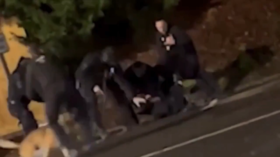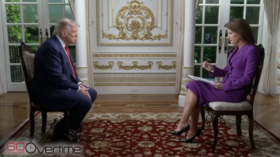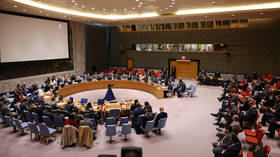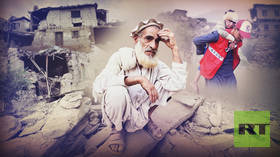UN lashes out at Britain’s human rights record
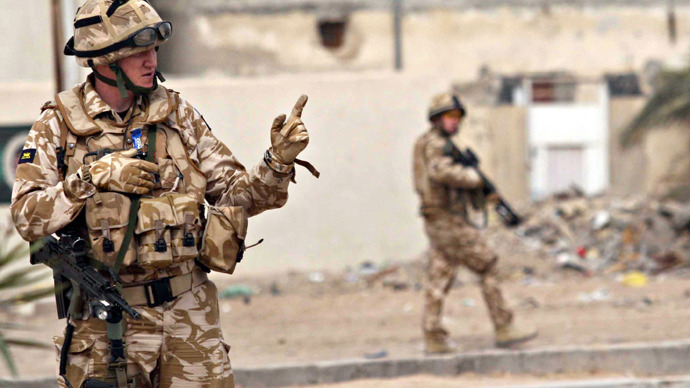
The UN’s torture watchdog has hit out at the British government for human rights abuses. In its harshest criticism yet of the British government, the panel warned that urgent action is needed for the country to meet international standards.
The UN Committee against Torture focused on human rights abuses
during the so-called war on terror and the mistreatment of
prisoners in British custody in Iraq. It also flagged up some 40
separate incidents on which the UK government must act.
The findings highlighted the British governments actions
following 9/11 and the commission urged the British government to
quickly establish an inquiry into whether detainees held overseas
were ill-treated or tortured by British officials.
The report reads that the committee is “deeply concerned at
the growing number of serious allegations of torture and
ill-treatment, as a result of the state party’s military
interventions in Afghanistan and Iraq.”
The UN team also slammed what they called “an escape
clause” in the Criminal Justice Act (1988), which allows
British officials to escape prosecution for inflicting severe
pain or suffering if they can show that they had “lawful
authority, justification or excuse” for doing so.
Another legal loophole the committee voiced concern about is the
Intelligence Services Act (1994), which effectively insures that
intelligence officers cannot be prosecuted within the UK once a
warrant giving them lawful authority has been signed by a
government minister.
The panel was disappointed at the failure to date to prosecute
anyone for the torture of Iraqi prisoners and in particular the
failure to convict anyone for the murder of Baha Mousa who died
in British custody in 2003. Only one soldier received a one-year
sentence for admitting inhumane treatment.
There was also concern with the government’s planned introduction
of secret court procedures in July for issues that may affect
national security under the Justice and Security Act. Closed
Material Procedures as they are known make it easier to use
hearsay evidence or evidence obtained through torture, the
committee maintains. The system of Special Advocates – lawyers
who are vetted and chosen by the government – “have a very
limited ability to conduct a cross-examination and cannot discuss
full content of confidential materials with their client thus
undermining the right to a fair trial,” the report reads.

The government was criticized in its handling of the case of
Shaker Aamer, the last remaining UK resident in Guantanamo. The
committee regretted that despite the “best endeavors” of
the UK to try and get him released “there are no encouraging
signs of this happening soon”.
There were also accusations against the UK government on several
issues connected with Northern Ireland. The Northern Irish
justice system must abolish all non-jury trials the report
concludes, adding that historical investigations into past
misconduct, particularly of military officials, must not be
delayed or suspended.
The committee asked that police officers only use tasers when
they face “a real and immediate threat to life or risk or
serious injury”.
There was also unease that the age of criminal responsibility in
England, Wales and Northern Ireland has not been raised from
10-years, despite calls by more than 50 organizations for this to
be done.
Further concerns were raised about the steady increase of the
prison population over the past decade and the problem of
overcrowding. To help rectify the issue the committee urged
the government make wider use of non-custodial sentences.
In a further blow, committee members accused the UK delegation of
being evasive when questioned about Britain’s human rights record
during a two-day hearing in Geneva last month.
The British government was given a year to explain how it could
improve its human rights record in 4 key areas: overseas torture,
getting Shaker Aamer out of Guantanamo, stopping the forced
deportation of Sri Lanka asylum seekers and setting up inquiries
into past abuses in Northern Ireland.





